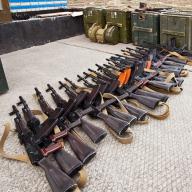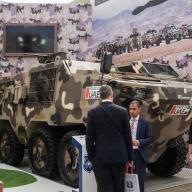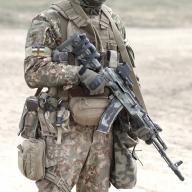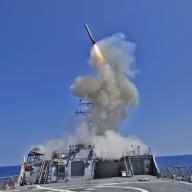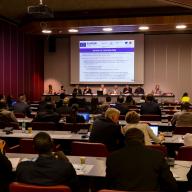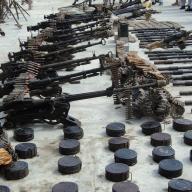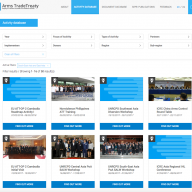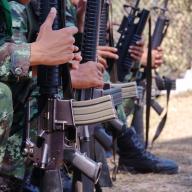This backgrounder assesses the motivations behind the support for a new United Nations General Assembly resolution and two predecessors, the concerns they have raised, and their potential impact on the regimes and global non-proliferation efforts.
Related commentary:
The Missile Technology Control Regime at a crossroads
The Missile Technology Control Regime is a cornerstone of states’ efforts to control the development, proliferation and use of missiles and other unmanned delivery systems. However, it faces serious structural, operational, membership and technology-related challenges that call for new initiatives and a strengthening of the regime’s resilience.
Advances in 3D printing technology: Increasing biological weapon proliferation risks?
The states parties to the Biological and Toxin Weapons Convention (BWC) are gathering in Geneva from 29 July to 8 August for a series of Meetings of Experts. Among other topics, states are reviewing scientific and technological developments that impact the objectives of the treaty.
Coordinating arms transfer and SALW control assistance: What role for the Arms Trade Treaty?
The 2013 Arms Trade Treaty (ATT) is the first international, legally binding instrument establishing common international standards for regulating the trade on conventional arms. The ATT also includes specific provisions on implementation assistance.
3D-printable guns and why export controls on technical data matter
New developments in the 3D-printable gun case have revived the debate on the dangers of 3D-printing of firearms and the sharing of their electronic blueprints online. While these developments may only have a limited immediate impact on the proliferation of small arms, this approach has the potential to undermine controls on 3D printing and export controls on technical data more broadly.
SDG16.4 and the collection of data on illicit arms flows: Progress made but challenges ahead
This backgrounder provides an overview of ongoing and potential work on measuring states’ achievement of goal 16.4. It begins by outlining the SDG process and how it has sought to overcome the challenges associated with measuring illicit arms flows. It then summarizes the data collection efforts to date and outlines some possible options for filling the gaps that exist.
‘Rules of the Road’ for the Arms Trade Treaty agreed in Cancun but stiffer tests lie ahead
The first Conference of States Parties (CSP1) to the international Arms Trade Treaty (ATT), held in Cancun Mexico, ended yesterday.
Will the arms trade treaty be stuck in the past?
With two days of talks to go, the draft of an arms trade treaty (ATT) being negotiated in the UN looks dangerously likely to be a relic before it ever comes into force.
Looking back to ensure future progress: developing and improving multilateral instruments to control arms transfers and prevent illicit trafficking
Between July and September this year, the international community will be faced with the daunting prospect of concluding negotiations on an international arms trade treaty and a review of the implementation of the United Nations programme of action on small arms and light weapons.
The Arms Trade Treaty negotiations: seize the opportunity
When the penultimate meeting of the Preparatory Committee (PrepComm) for an Arms Trade Treaty (ATT) convenes in New York in July, the delegates will have a packed agenda.



